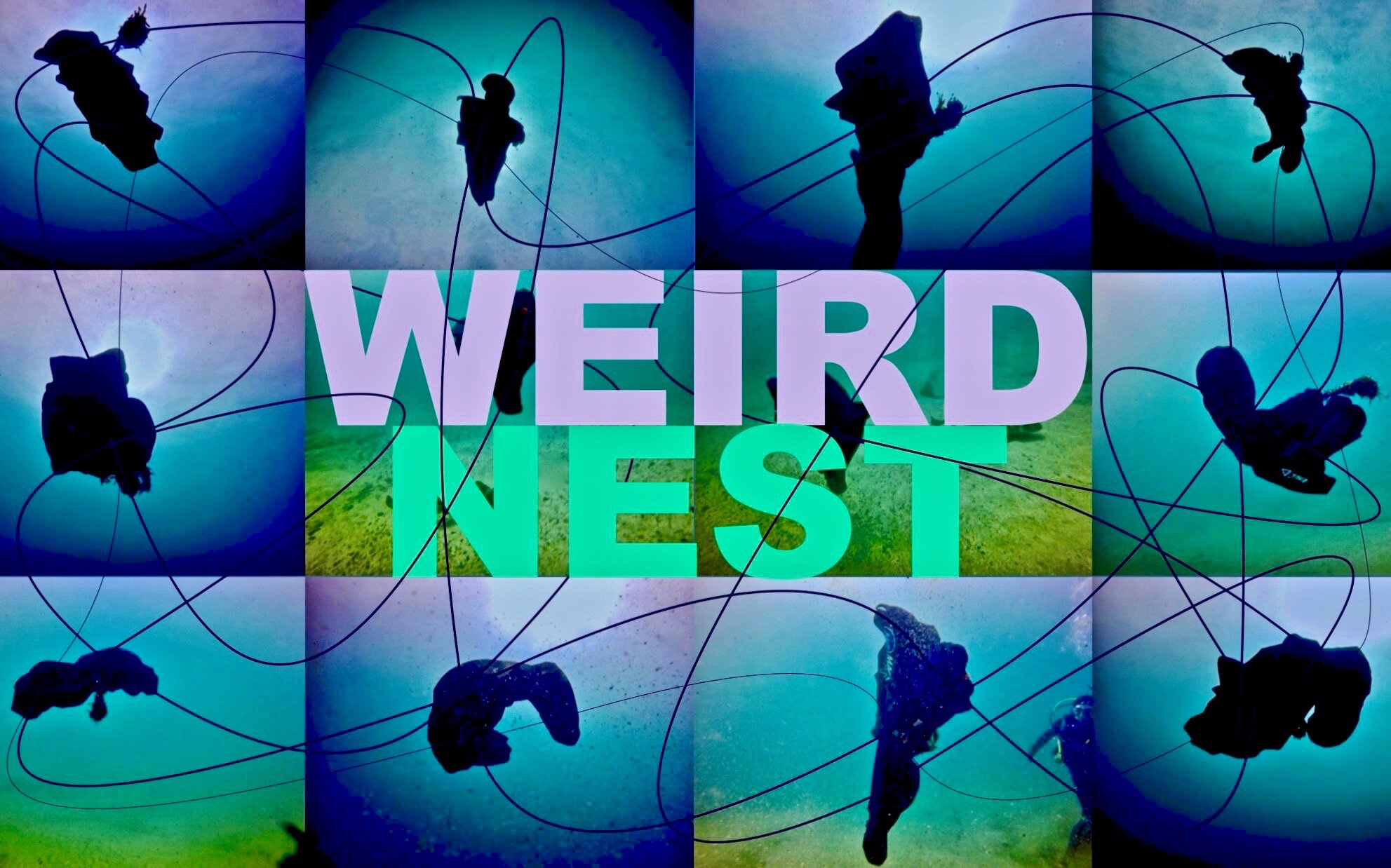Warm Data
what do we mean by Warm Data?
Well, firstly, what is even meant by the word “data”? Let’s take a look at what some dictionaries say:
Data is factual information (such as mathematical measurements), collected together to be analysed by experts.
Data is information, collected to be examined in mechanical or electronic forms (such as computers). This is also known as “cold data”.
“Big data” is used to describe all our public and private information that is stored on the internet. It is just “cold data” about us that doesn’t really tell anyone who we really are.
So How are these Above definitions meaningful to me in my life?
It’s helpful to understand that there are patterns across all living systems in the words around us, and the relationships we have to them, in everything we do, are never truly separate.
None of these dictionary definitions feel very accessible or relevant to our day-to-day lives do they? So how does “data” relate to me as a living person?
GREAT question! The good news is that someone has come up with a way to help us better understand what the idea of “data” might mean in terms of what information we share personally, between our friends and family, but also between other people we don’t know.
The term “Warm Data” was developed by world-renowned artist, writer, film-maker, educator and complex systems thinker, Nora Bateson.
“Warm Data” refers to all the ways in which we communicate and share our lived experiences and information between one another, but also between ourselves and other living beings, such as animals.
Warm Data also refers to the ways our five main senses (taste, smell, sight, hearing, touch), make sense of the world around us and develop our understanding of all sorts of things in our lives.
And we are doing this all the time, even in ways we don’t realise - from the very tiny living worlds that we might see through a microscope, to the very large worlds we might see through a telescope when we’re looking into outer space, and everything in between. We are always receiving and giving out information and this is why access and inclusion of everyone, in all our individual ways of making sense, is so important.
So Warm Data is basically a way to describe how we can come together with our personal “data”. This means our ideas, stories, insights, dreams, imaginings etc, etc.
It’s helpful to understand that there are patterns across all living systems in the words around us, and the relationships we have to them, in everything we do, are never truly separate.
But what is a Warm Data Lab?
Nora Bateson and her colleagues at the International Bateson Institute in Sweden, have been working to find ways to make the complex ideas around Warm Data more accessible to everybody/mind because they could see how many benefits we could all get from applying it to our modern lives. A Warm Data Lab is a very fun, interesting and exciting format that has lots of people moving around the room as often as we like and visiting different groups who are talking about (or just listening into) a specific idea that has to try and address the main topic or question.
This format helps us make more sense of our lives together and from as many different angles as possible. Some of us do not have access to all of our five main senses, where most other people do, and this is why Warm Data can help us understand that sense-making processes are complex, just like each and every one of us are. The lab can help us see why we are all as important as one another in making better sense of this big world we live in.
Who are Warm Data labs for?
In a word - EVERYONE! We want as many diverse kinds of people to come along from across a variety of places and interests, however people usually come because the Question is of specific interest to them.
An Example question may be…
What does it mean to feel like we belong in a complex, rapidly changing world?
The 10 ideas (contexts) that we could discuss the question through would be chosen from the list of 18 that are below. These 10 would be announced on the day. If people living with learning and intellectual disability are present, each idea/context would be briefly explained in plain language terms so we all feel included.
It’s helpful to understand that there are patterns across all living systems in the words around us, and the relationships we have to them, in everything we do, are never truly separate.
1. Education - (school as well as things we might learn each day)
2. Family
3. Art
4. Food
5. Technology
6. Mental Health - (anxiety, deep sadness / depression)
7. Culture - (is being in the disability community a particular way of being?)
8. Innovation - (creating something new)
9. Ecology - (nature and natural habitats)
10. Economics - (personal and social money)
11. Gender - (male, female, in-between, transgender or?)
12. Science
13. Justice
14. Identity - (who do I think and feel I am, could be?)
15. Competition
16. History
17. Wellbeing - (how do I feel in myself about life in general?)
18. Politics - (these could be family, social or the type politicians are in)
The following videos may help give you more understanding of what Warm Data and the labs are about and can offer. (They are also both close captioned).
A video Dean made post his experience at the Working in the Liminal Zone full-week live-in residential in Sept 2019. A thanks to Nora.
